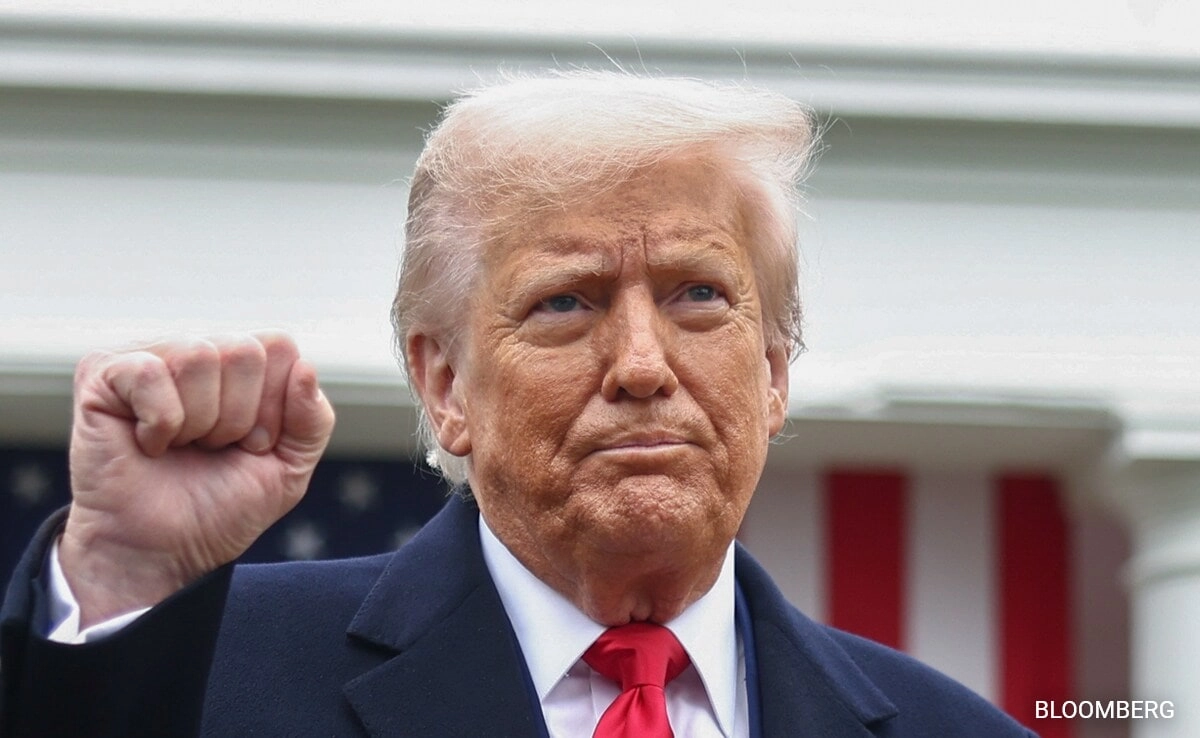Former President Donald Trump recently announced plans for the United States to impose a staggering 100% tariff on semiconductor imports. This bold move underscores his ongoing commitment to reshaping America’s trade policies, particularly in the tech sector. Trump’s proposal reflects a growing concern over national security and economic independence, especially as the global semiconductor supply chain has faced significant disruptions in recent years. By imposing such a high tariff, the intention is to encourage domestic production of semiconductors, which are vital components in a wide array of technologies, from smartphones to advanced military systems.
The semiconductor industry has been a focal point in U.S.-China trade relations, with both countries vying for dominance in this critical sector. Trump’s announcement signals a more aggressive stance aimed at reducing reliance on foreign semiconductor manufacturers, especially those based in China. The ramifications of this tariff could be profound, potentially increasing the costs for American companies that rely on imported semiconductors and leading to higher prices for consumers. While the administration may view this as a necessary step towards achieving self-sufficiency in technology, critics argue that it could provoke retaliation from trading partners and disrupt global supply chains further.
Additionally, this proposed tariff raises questions about the long-term implications for the U.S. economy and its technological innovation. Supporters of the tariff argue that it could stimulate job growth in the domestic semiconductor sector, which has been lagging behind global competitors. However, opponents warn that such drastic measures might stifle innovation and collaboration, as companies may struggle to source the necessary components for their products. The balance between protecting national interests and fostering a competitive, innovative economy will be crucial as the U.S. navigates this complex landscape.
In summary, Trump’s proposal to impose a 100% tariff on semiconductor imports is a significant development in the ongoing discourse over trade policy and national security. As the world becomes increasingly reliant on advanced technologies, the U.S. government’s approach to semiconductor manufacturing will undoubtedly shape the future of not only the tech industry but also the broader economy. The coming months will be critical as stakeholders from various sectors respond to this bold initiative and its potential consequences.



